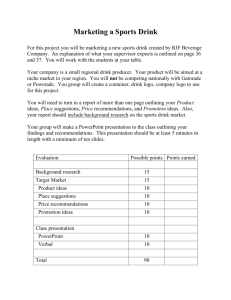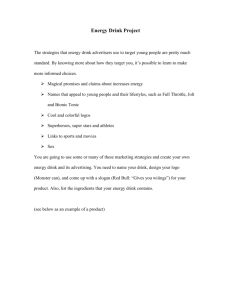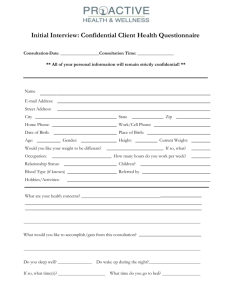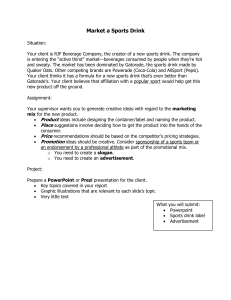1. Eat regular high-carbohydrate meals to fuel and refuel... for practice or event.
advertisement
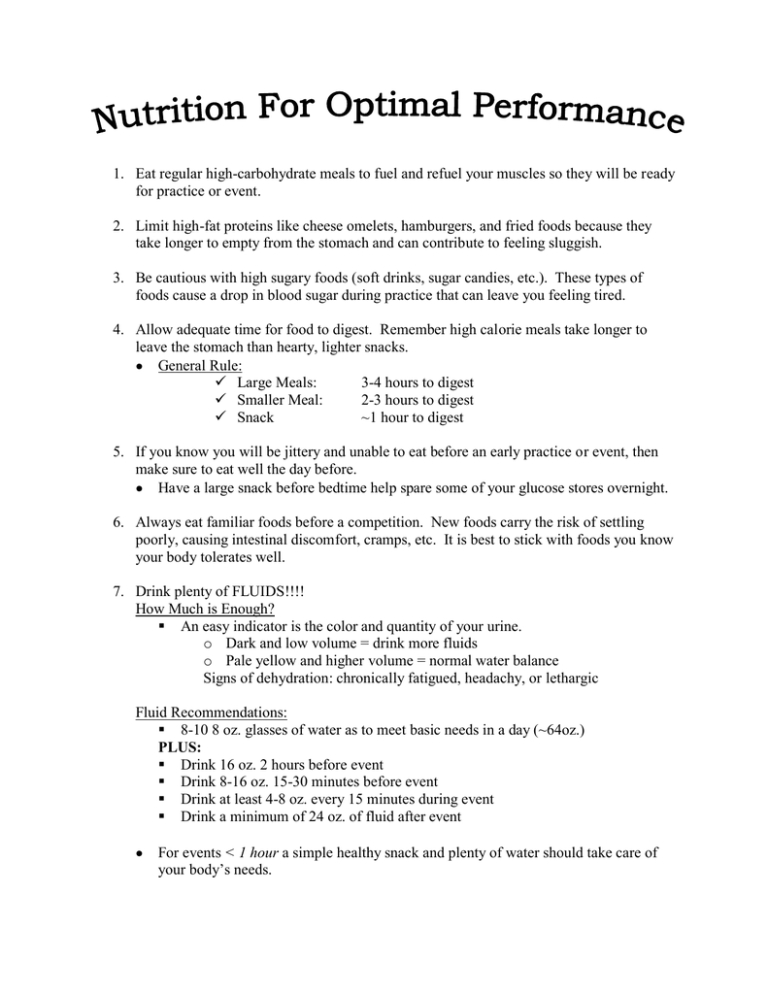
1. Eat regular high-carbohydrate meals to fuel and refuel your muscles so they will be ready for practice or event. 2. Limit high-fat proteins like cheese omelets, hamburgers, and fried foods because they take longer to empty from the stomach and can contribute to feeling sluggish. 3. Be cautious with high sugary foods (soft drinks, sugar candies, etc.). These types of foods cause a drop in blood sugar during practice that can leave you feeling tired. 4. Allow adequate time for food to digest. Remember high calorie meals take longer to leave the stomach than hearty, lighter snacks. General Rule: Large Meals: 3-4 hours to digest Smaller Meal: 2-3 hours to digest Snack ~1 hour to digest 5. If you know you will be jittery and unable to eat before an early practice or event, then make sure to eat well the day before. Have a large snack before bedtime help spare some of your glucose stores overnight. 6. Always eat familiar foods before a competition. New foods carry the risk of settling poorly, causing intestinal discomfort, cramps, etc. It is best to stick with foods you know your body tolerates well. 7. Drink plenty of FLUIDS!!!! How Much is Enough? An easy indicator is the color and quantity of your urine. o Dark and low volume = drink more fluids o Pale yellow and higher volume = normal water balance Signs of dehydration: chronically fatigued, headachy, or lethargic Fluid Recommendations: 8-10 8 oz. glasses of water as to meet basic needs in a day (~64oz.) PLUS: Drink 16 oz. 2 hours before event Drink 8-16 oz. 15-30 minutes before event Drink at least 4-8 oz. every 15 minutes during event Drink a minimum of 24 oz. of fluid after event For events < 1 hour a simple healthy snack and plenty of water should take care of your body’s needs. For events or practices lasting > than 1 hour hydration and energy intake become more important to help prevent fatigue. For extensive exercise that lasts longer than 60-90 minutes: You can increase your stamina by consuming about 100-250 calories of carbohydrates per hour. Examples: Four 8oz. glasses of sports drink (50 calories per 8oz.) Two 8oz. cups of sports drink and 1 banana Energy Bar ~200 calories with lots of water ☺ Easiest way is to consume 8 oz. of sports drink every 15 minutes during practices/events lasting longer than 1 hour. 8. Pre-Practice/Event Meals/Snacks Base the meal/snack size on timing before practice. Larger meals should be about 4 hours before practice with a small snack within 1 hour of practice. Smaller meals can be eaten about 2 hours before practice. Make sure you do not practice on an empty stomach. o Suggestions: High Carbohydrate, moderate protein, and low fat 9. Post-Practice/Event Meals/Snacks To maximize muscle glycogen replacement, after practice/event consume carbohydrate rich foods and beverages within 30 minutes. o As soon as possible after practice or an event, consume 30-60 grams carbohydrate and 10-20 grams of protein. 2 Graham Crackers with Peanut Butter and 12oz. Sports Drink Granola Bar and Sports Drink Chocolate Milk o To calculate how much carbohydrate you need to consume after practice/event take your weight in lbs. and multiple by 0.75. This will give you the grams of carbohydrates you should consume. Example: 150 lbs x 0.75 = ~110 grams of CHO Large Bagel with light cream cheese (60 grams) ½ Banana (15 grams) 6oz. low-fat yogurt (20 grams) 10. Make a nutrition plan in advance and PRACTICE during training sessions so you can learn what works best for you. UNCW Health Promotion • Student Recreation Center 104 910-962-4135 • www.uncw.edu/healthpromo
